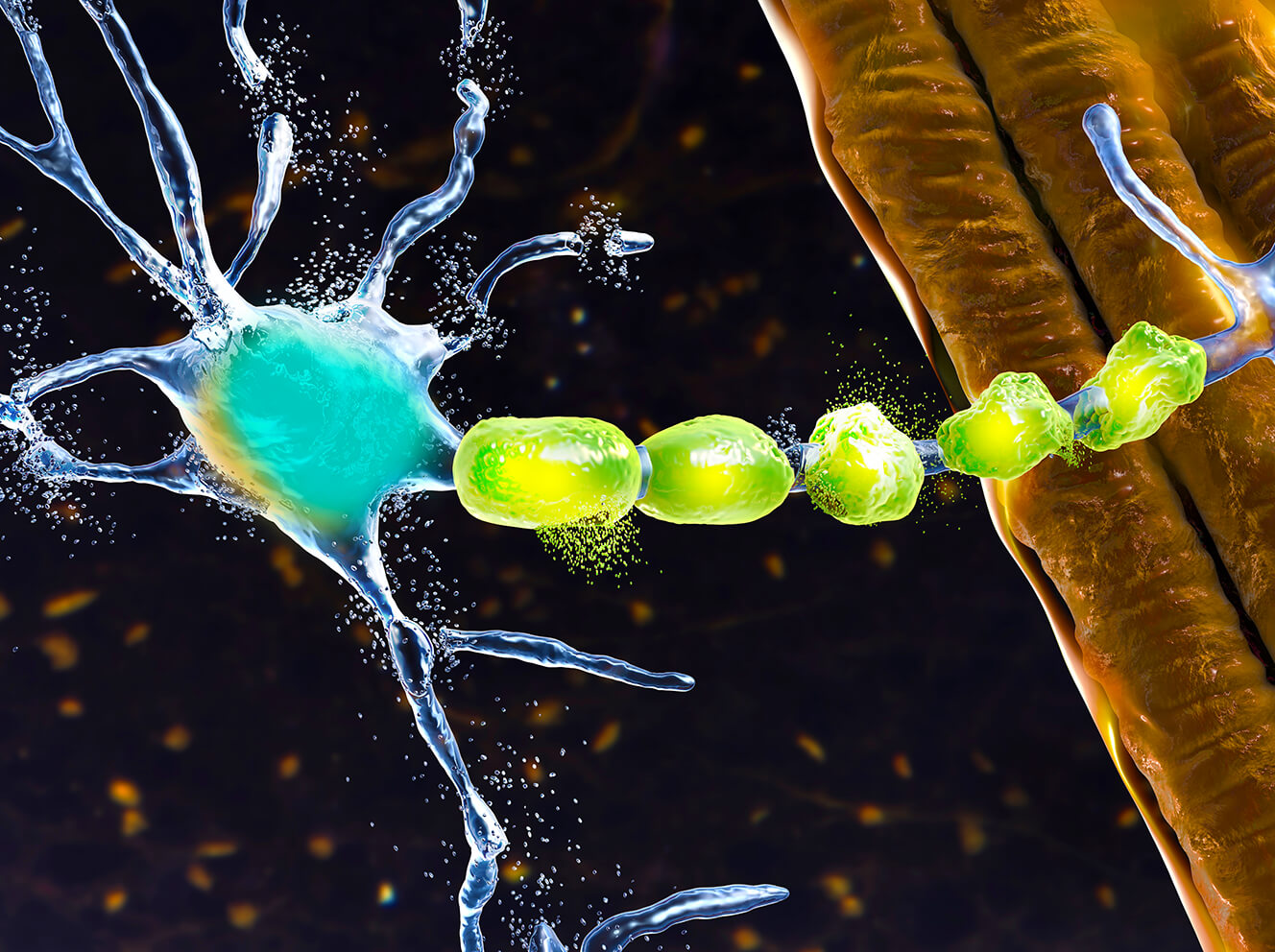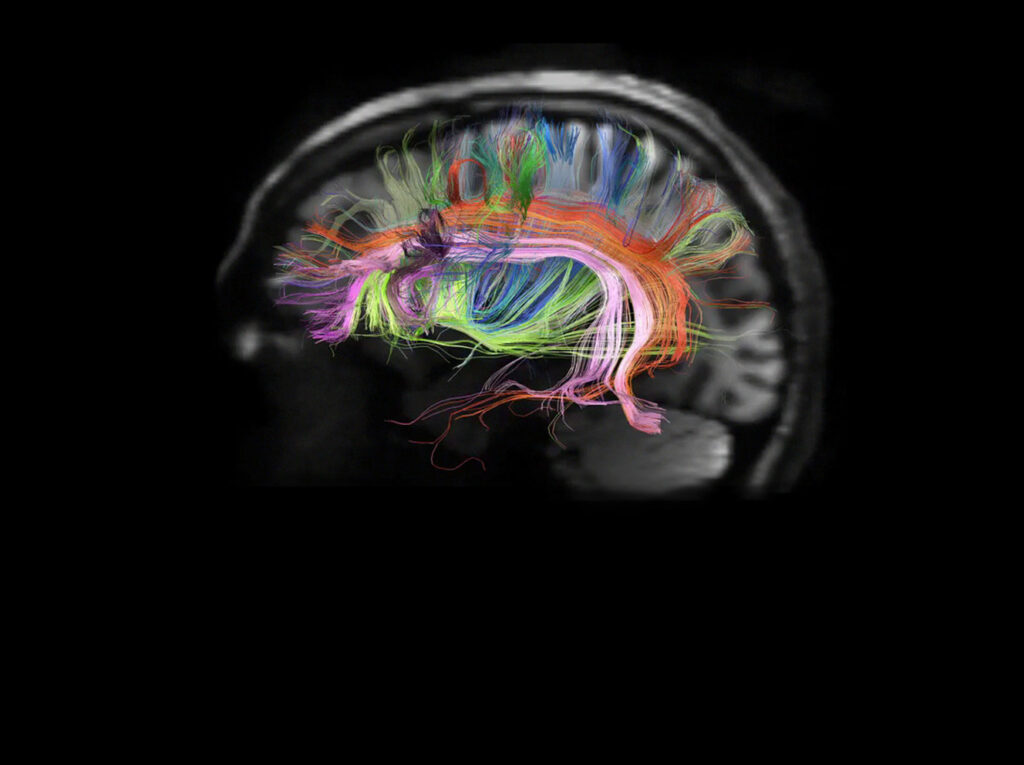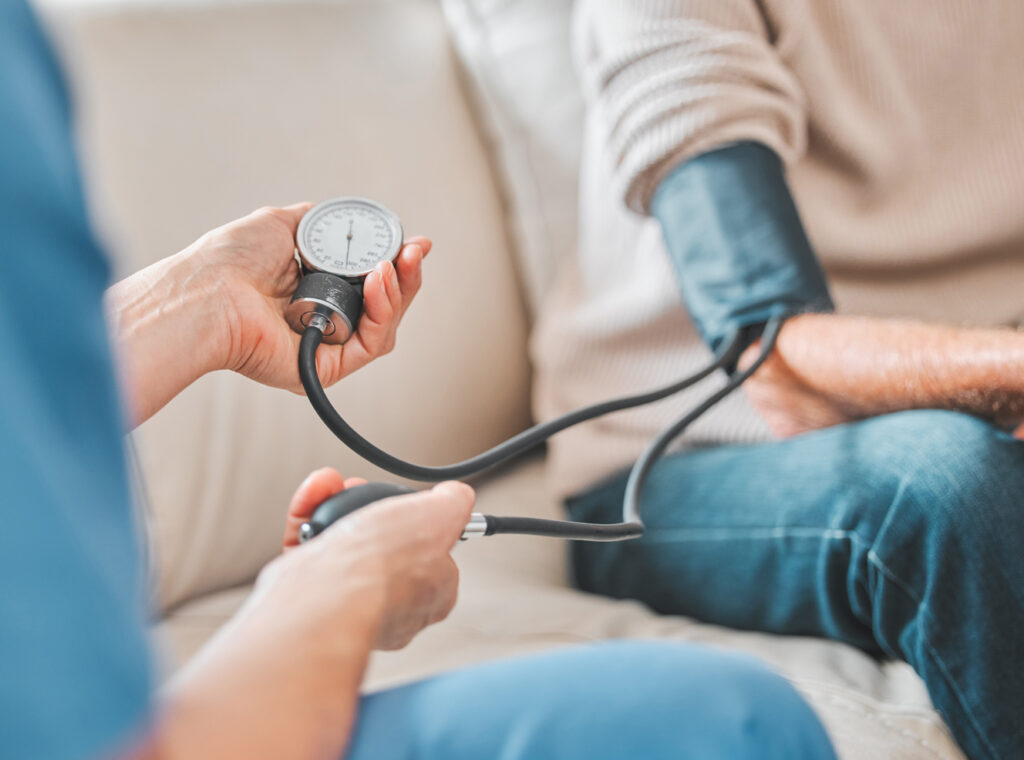Key Takeaways
Physician-investigators at Massachusetts General Hospital are leading worldwide efforts to tailor the research and discovery of novel, effective therapies for patients with amyotrophic lateral sclerosis (ALS). Among neurodegenerative diseases, ALS is the most rapidly fatal, with treatment limited to symptom management and mortality from onset generally within three years.
“Partnerships with researchers and philanthropic support both at home and abroad have facilitated the rapid discovery of effective treatment options for ALS patients,” explains Merit Cudkowicz, MD, MSc, chair of the Department of Neurology and director of the Sean M. Healey & AMG Center for ALS. “Our ability to simultaneously perform multiple clinical trials worldwide has prolonged the lives of ALS patients and transformed the landscape of ALS research.”
Optimizing and Accelerating Discovery
Dr. Cudkowicz was an original co-founder and co-director of the Northeast ALS (NEALS) Consortium, which began in 1995 as a collaboration between nine academic centers and has since grown to 140 research centers worldwide. Their goal was to drive ALS research toward clinical trials that would increase the spectrum of therapeutic options for patients.
Until relatively recently, translation of advances in the understanding of ALS pathophysiology was hindered by a lack of infrastructure and coordination necessary to support clinical trials. Additionally, disease heterogeneity within the patient population often precluded the identification of appropriate outcomes for trials of a given therapy.
Addressing these limitations in the discovery process requires the flexibility and funding to rapidly adapt the drugs being tested to patient responses. In 2018, the launch of the Sean M. Healey & AMG Center for ALS offered an opportunity to initiate the Platform Trial for ALS. Platform trials utilize a master protocol to simultaneously evaluate multiple treatments, including combinations of treatments, and perform comparisons of competing treatments across a patient cohort.
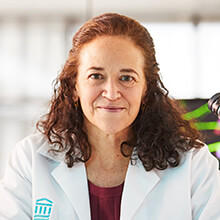
The outcomes support the efficiency of this approach:
- Decreases in the time for patients to obtain treatments by 50%
- Reductions in research costs by at least 30%
- Increases in patient receipt of therapeutic interventions by 67%
Dr. Cudkowicz attributes the speed with which the platform trial was established to the wealth of experience with clinical trials at NEALS, the infrastructure at Mass General, and the generosity of Sean Healey and AMG.
“Platform trials generally require years to design and obtain funding,” she says. “We stood up the Platform Trial for ALS within one year of its initial design and obtained data on four drugs approximately two years later.”
The rapid progress in these trials continues: Enrollment will begin in May 2023 for a trial of the seventh drug to be tested in five years. Although over 80 companies have applied to be part of the Healey ALS Platform Trial for ALS, Dr. Cudkowicz describes the search for new drugs as an ongoing process of outreach and evaluation.
“Although not all of the companies have drugs prepared for a Phase 2 trial, the opportunity to identify solid science at an early stage is invaluable.”
Transforming Ideas Into Innovations
Approximately 10% of ALS-affected patients present a family history of the disease (fALS), with the remaining patients classified as having sporadic ALS (sALS). Although different, the genetic presentation in both patient subsets results in the degeneration and death of motor neurons. ALS research has demonstrated promising results in identifying and addressing the mechanistic origins of neuronal dysfunction and death.
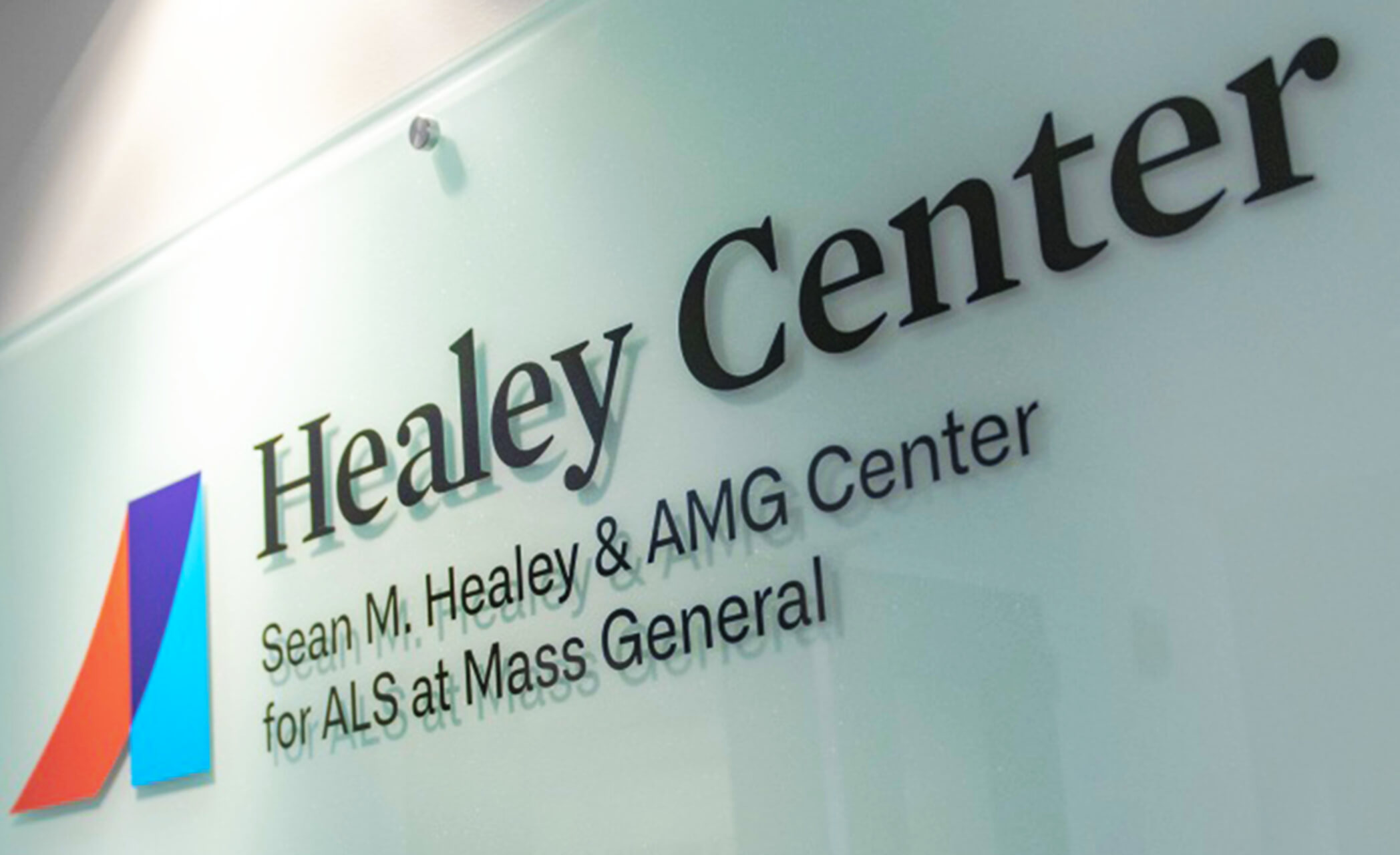
The Right Place to Address the Most Difficult Problems
According to Dr. Cudkowicz, Mass General fosters a culture of collaboration that promotes a unique ecosystem.
“Our trials have been consistently supported by every discipline and area within Mass General. The ability to engage in the research and perform the number of trials we have requires levels of support and effort that may not have been possible elsewhere,” she says.
Although a substantial focus is put on the researchers involved in these discoveries, too little is often afforded to the patients who make such clinical trials possible. The Mass General community makes significant efforts to prioritize and accommodate ALS patients and their families.
“We want every patient to have access to both excellent care and opportunities to benefit from the latest research,” says Dr. Cudkowicz. These aspects of excellent care include home visits to accommodate patients and providing care to caregivers.
“We represent a beacon of hope for ALS patients that come here knowing they have access to the latest clinical trials,” she adds. “We want to ensure they receive the best care possible during that process.”
This story first appeared in Mass General’s Advances in Motion.
You can help scientists discover new treatments for people living with ALS, with a donation to the Sean M. Healey & AMG Center for ALS. For more information, please contact us.
"We represent a beacon of hope for ALS patients that come here knowing they have access to the latest clinical trials. We want to ensure they receive the best care possible during that process."
